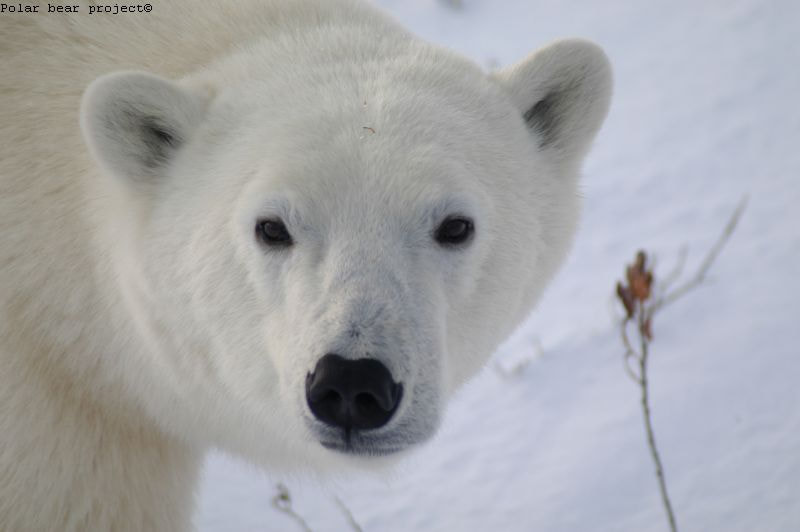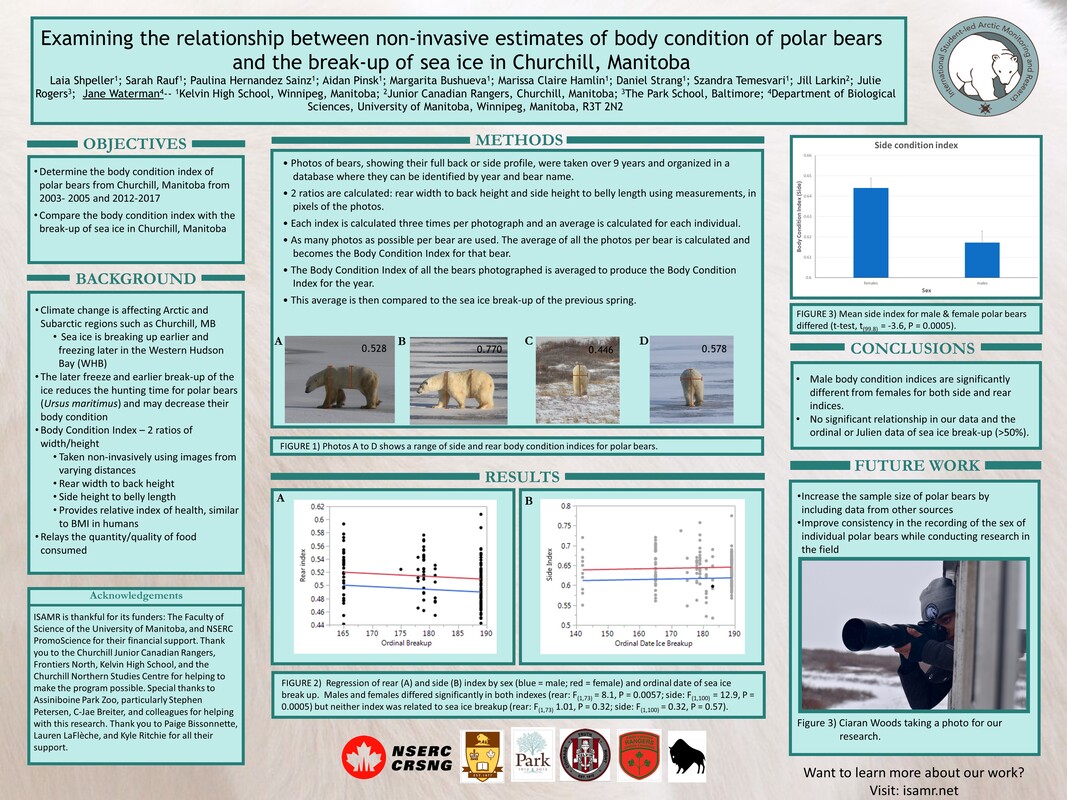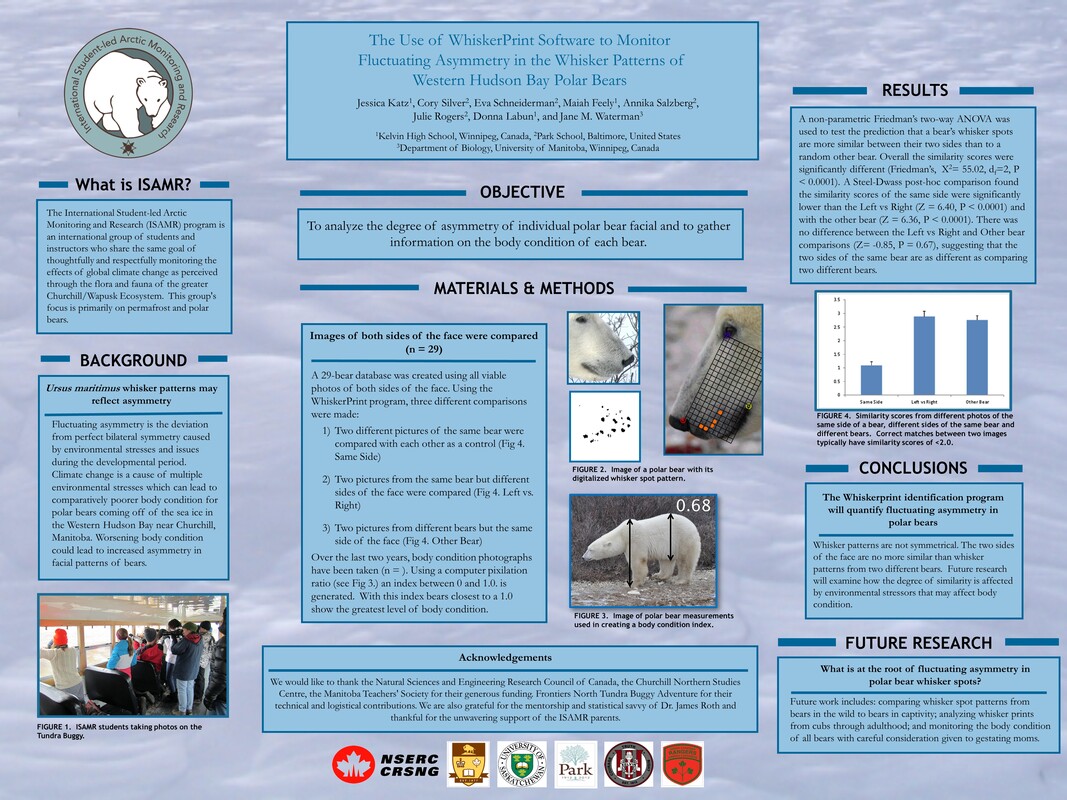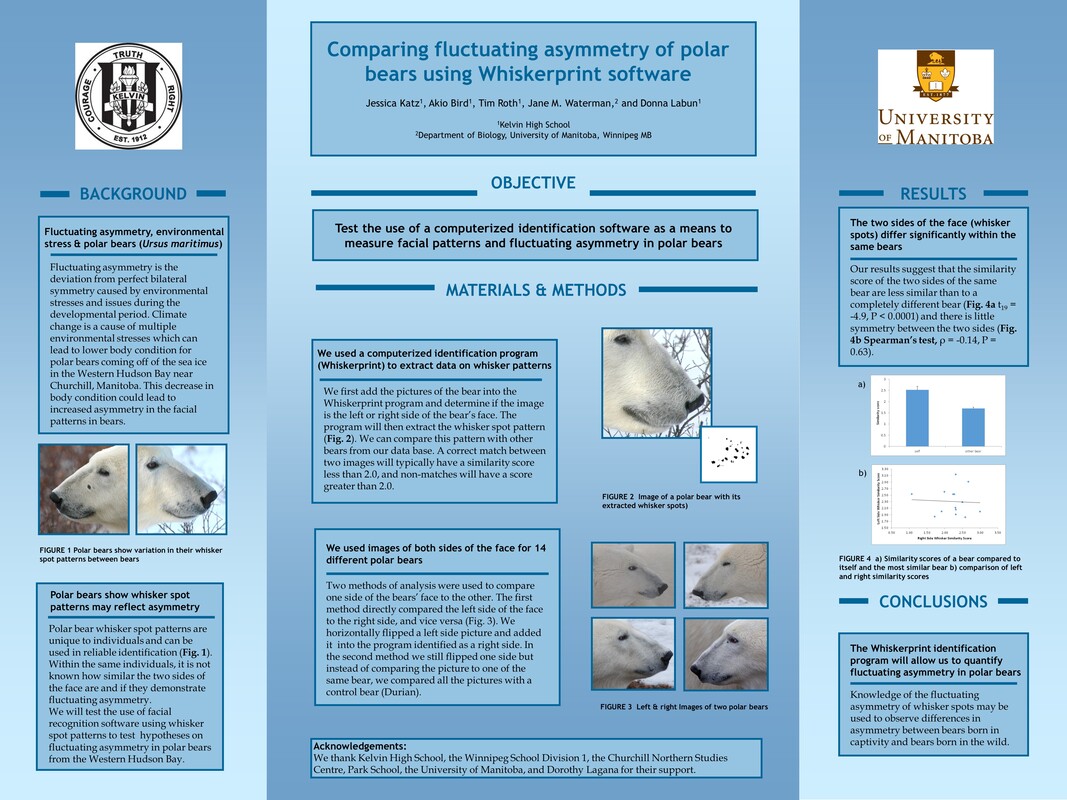|
1.Active participation by students in research enriches educational experiences, encourages students to pursue science-related careers, and ultimately makes better scientists and a science-educated public. Student-led research pushes students to be leaders.
2.Guide students in the use of science and research, in combination with traditional knowledge, for understanding the extent of climate change at the southern edge of the Arctic. Through experiential learning with scientific research, students will gain understanding in how science can be a key contributor to policy needed to manage wild spaces. 3.Promote collaborative, cross-cultural scientific exploration among groups of students from southern and northern communities, Indigenous and non-Indigenous students, recognizing that these kinds of collaborations are a foundation of excellence in science. 4.Contribute to community service in northern Manitoba and Winnipeg to teach students the importance of making connections and giving back to their communities. 5.Inspire students by empowering them in their knowledge and understanding of Manitoba’s northern wildlife and ecosystems 6.Encourage students to find active ways to share experiences when they return to their home communities through analyzing data, presenting posters at their schools, sand workshops to communicate research results, and inspiring peers to participate in science |
2018 Wildlife SocietyStudents presented their research findings at the 2018 joint meeting of the Canadian & Manitoba Wildlife Society
|
2015 ArcticNetStudents presented their research findings at the 2015 ArcticNet Conference
|
2014 ArcticNetStudents presented their research findings at the 2014 ArticNet Conference
|



